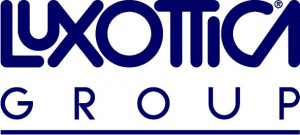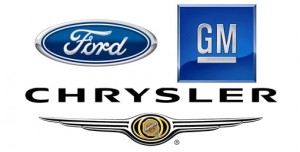With Apple releasing revolutionary products like the iPhone and iPad it’s no surprise that there has been excessive hype over the company in the past five years. I noticed an amplification of this while begining my study of commerce to the point where it is a cliché. Apple is essentially the king of companies. With this ingrained in my mind it was quite interesting to read a Maclean’s article that discusses the company’s quickly declining stock value. It is down almost 20% from the peak price of $700 per share in September. In addition, the Samsung Galaxy S III is now number one in the smartphone market (partially because of supply problems with the iPhone 5). In terms of brand positioning, this is considered Apple’s niche. Analysts seem to be having mixed opinions on the future of Apple.
In my personal opinion, with the visionary Steve Jobs gone it will be hard for Apple to top anything it has accomplished to date. This can only lead to the conclusion that the company is on its long term decline. Nothing can be that big and stay that way forever. Its inevitable that something new and different will grab consumers’ attention eventually.



